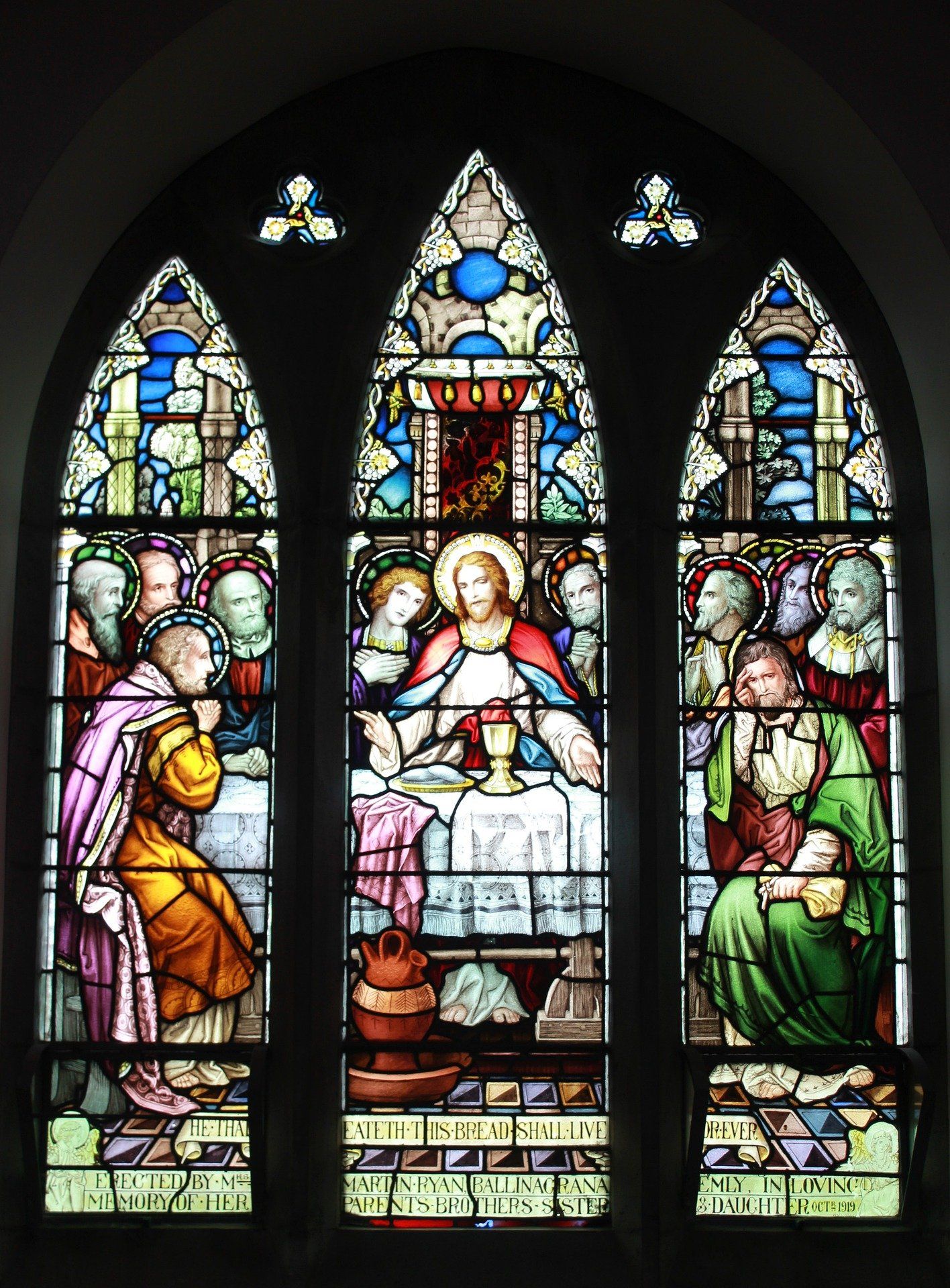Sacrament of the Eucharist
The Eucharist is “the source and summit of the Christian life.” “The other sacraments, and indeed all ecclesiastical ministries and works of the apostolate, are bound up with the Eucharist and are oriented toward it. For in the blessed Eucharist is contained the whole spiritual good of the Church, namely Christ himself, our Pasch.” (Catechism of the Catholic Church, 1324).
In The Story of a Soul, St. Therese of Lisieux describes her First Communion by saying that she and Jesus had been “gazing” at each other for a long time, and it was a deep joy to finally be one, in the Eucharist.
For more information on the Eucharist, please click here.
https://www.usccb.org/eucharist
FIRST COMMUNION PROCESS
CATECHISIS:
Parishes conduct their own First Communion preparation programs for Children. Preparation typically involves Catechesis through Religious Education classes.
SPONSORS:
When receiving the Sacrament of First Communion, one must be free from the bondage of sin, especially mortal sin. Unless one is receiving First Communion immediately following Baptism, participating in sacramental confession is a necessary part of First Communion Preparation (Canon 914). Besides being necessary, it is a wonderful practice to experience regularly, in order to make that tangible reality of God's forgiveness a regular part of our lives! Parishes should make sure that those who are baptized at a later age are given opportunities to begin the practice of Confession.

